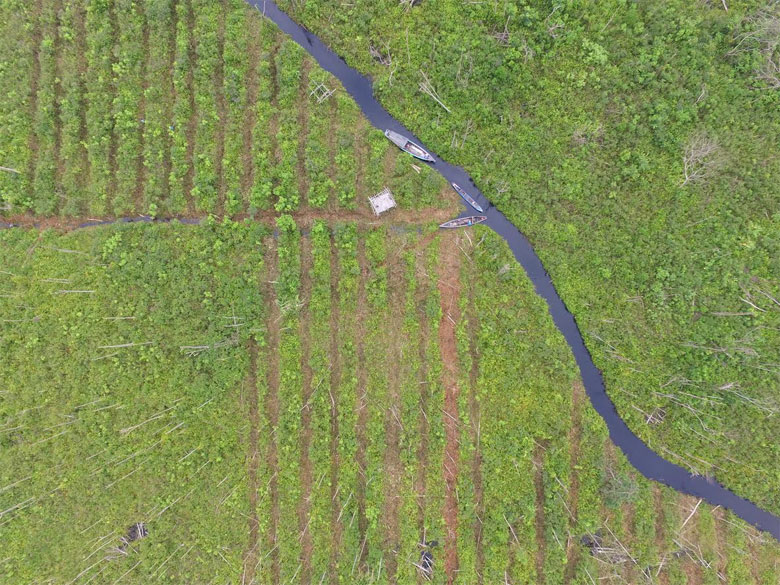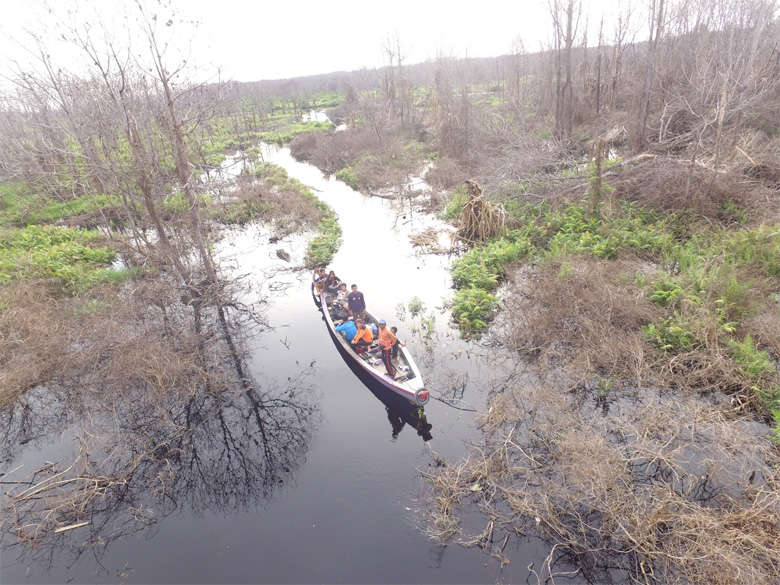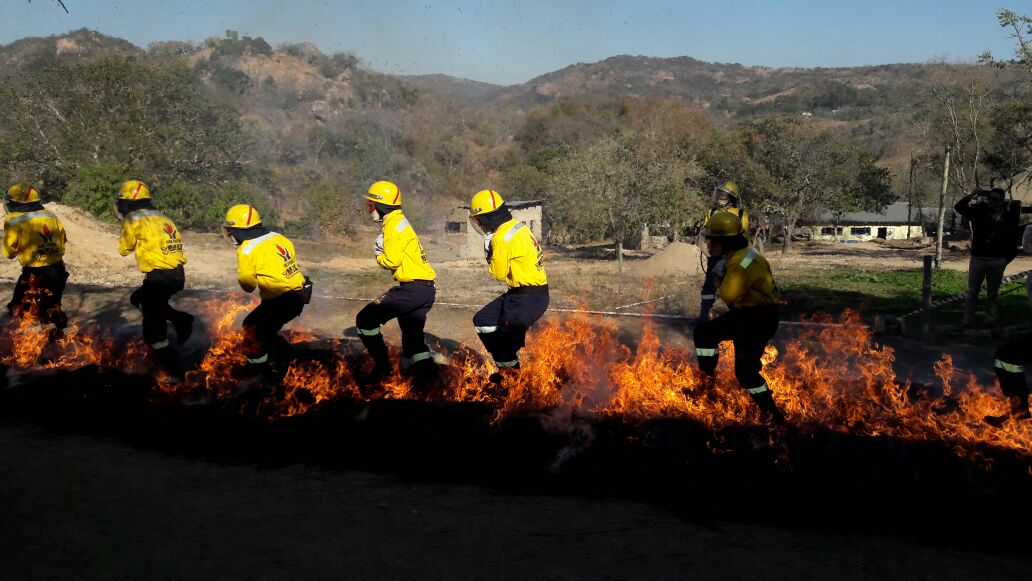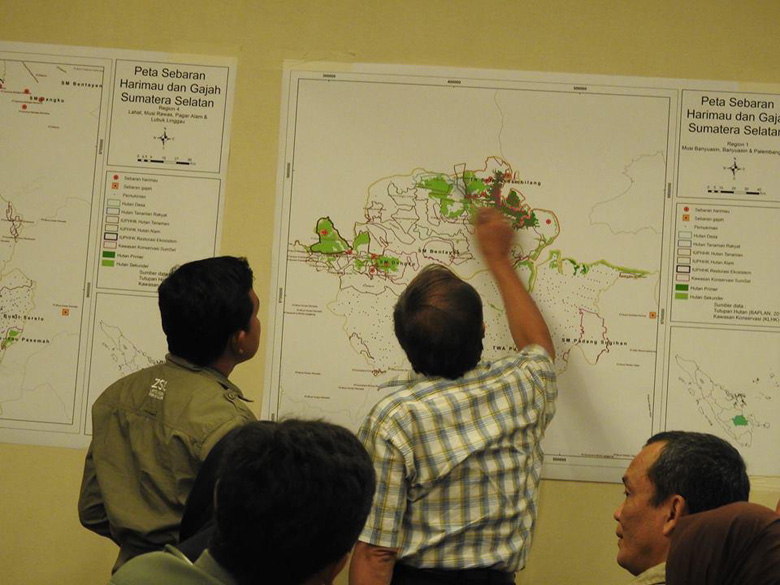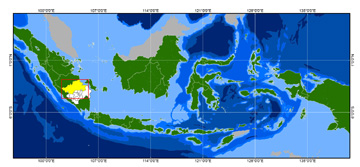Western peatland management standards not suitable in Indonesia: researcher
The world’s two largest palm oil producers, Indonesia and Malaysia, should not follow European standards of peatland management due to the different climate and land characteristics of the two continents, a researcher has said.
According to Lulie Melling, a researcher at Tropical Peat Research Laboratory, most peatland in Europe was mild shallow-peatland, consisting of low vegetation such as grasses with short roots and branches.
source: http://www.thejakartapost.com/news/2016/02/25/western-peatland-management-standards-not-suitable-Indonesia-researcher.html
Healthy forests for healthy lives
There is a very effective way to combat deforestation: trading chainsaws for stethoscopes.
In Sukadana village, located at the foot of Palung Mountain National Park in West Kalimantan, doctors, environmentalists and local people work together to save the forest to save lives.
The non-profit organization, Alam Sehat Lestari (ASRI), combines forest-protection methods with proper and affordable health care as it believes that there is a substantial link between human health and environmental health.
source: http://www.thejakartapost.com/news/2016/02/23/healthy-forests-healthy-lives.html
Hundreds of flood victims evacuated in Bangka Belitung
Hundreds of residents of Lampur Village, Bangka Belitung province, were evacuated from their houses on Tuesday after water levels reaching up to 3 meters in height inundated the area.
source: http://www.thejakartapost.com/news/2016/02/09/hundreds-flood-victims-evacuated-bangka-belitung.html
Rescuing Sumatran tigers on the Kampar peninsula
Traces of Sumatran tigers are found all over the peat zone of the Kampar peninsula in Riau, indicating the predators’ endless search for food and suitable habitats — and necessitating special rescue efforts.
Two pictures of a Sumatran tiger are stored on the cellphone of Safrina Ayu Trisnawati, who encountered the rare, protected animal. The first shows the tiger gazing at her phone camera amid thick haze. The second portrays its whole body, with the head covered by shrubs.
source: http://www.thejakartapost.com/news/2016/02/16/rescuing-sumatran-tigers-kampar-peninsula.html
Lack of land rights for local communities could scare away investment
3rd February 2016 / Morgan Erickson-Davis, Mongabay Staff Writer
A new report warns that conflict between companies and local groups in areas with insecure land tenure can be harmful for both parties.
- Analysts find that most conflicts that occur between development projects and local communities involve situations in which the communities lack rights to their land.
- These disputes could damage the financial bottom line of an operation, which may scare off future investment in a region.
- The report's authors say that this could serve as a wakeup call to governments, and provide further incentive to grant communities tenure to the land on which they have been living and depending for generations.
source: http://news.mongabay.com/2016/02/lack-of-land-rights-for-local-communities-could-scare-away-investment/
A new report warns that conflict between companies and local groups in areas with insecure land tenure can be harmful for both parties.








